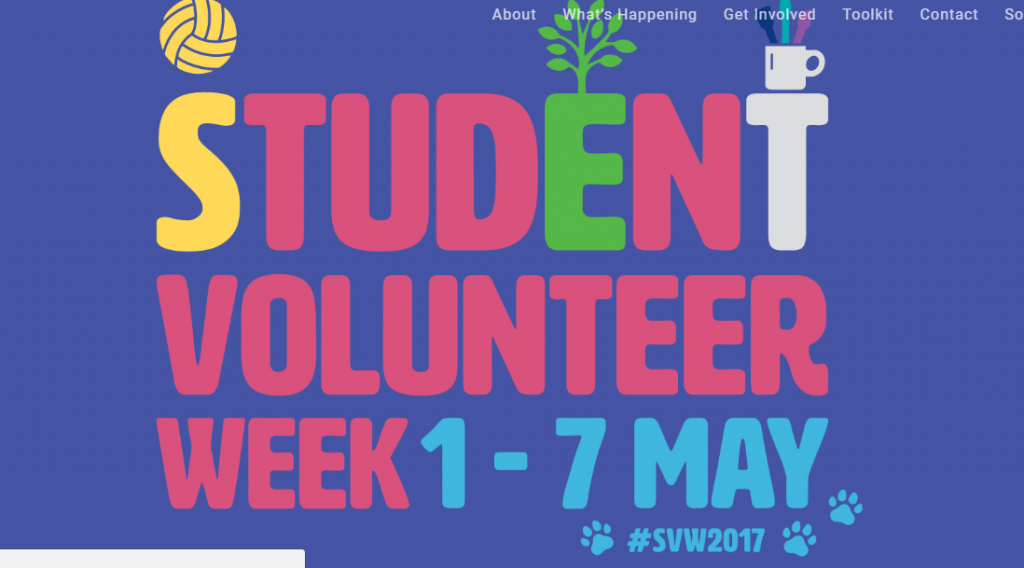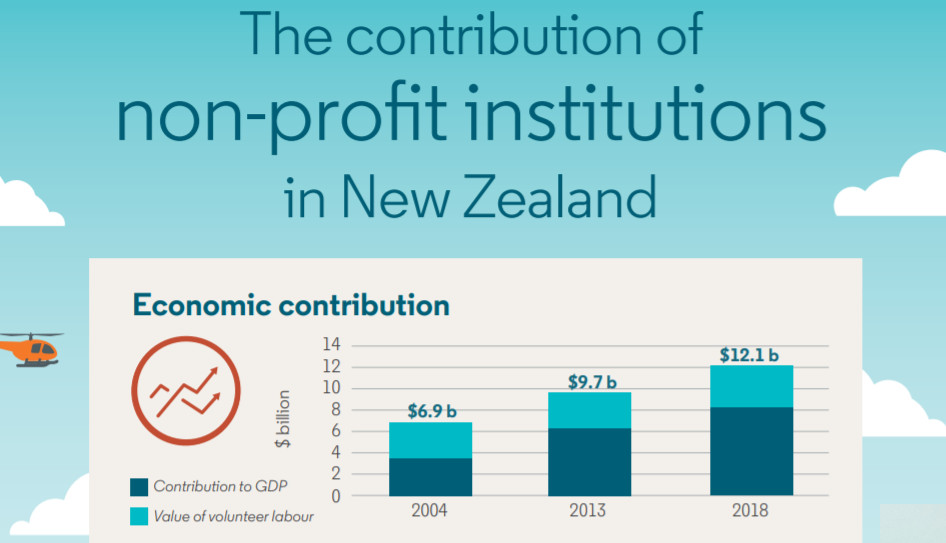Multiples NZ was formed 37 years ago by a group of strong, civic minded parents who believed that families with multiples needed a coordinated support network to ensure they could raise happy, healthy children.
The purpose and mission of Multiples NZ has changed little since 1980, and our member-based organisation is still committed to supporting and empowering families with twins, triplets and more throughout their journey. Parents are still at the core of the organisation, voluntarily running the regionally based affiliated Clubs and Satellite Groups and sitting on the National Executive of the umbrella organisation. Our affiliated Clubs can offer a range of different services from regular playgroups, multiple-specific antenatal classes, magazines, hire equipment, buddy support, and hospital support.
While the organisation has experienced little change, society has barrelled ahead and there have been four changes in social generations, household debt has increased around six-fold (in dollar terms) and as a result more families are required to have paid employment to cover that debt. A recent survey of our affiliated Clubs identified that 100% of the volunteers were in paid employment of some sort and the average length of service was 1-2 years, and of course, they have at least two if not more children to care for.
Challenges of recruiting and retaining volunteers for Multiples NZ
Our organisation now has to work harder and smarter to recruit and retain volunteers.
From our volunteering survey, we found that our affiliated Clubs employ a variety of recruitment strategies, the most successful being direct contact. Direct Contact could be anything from building relationships with members, to personally inviting a person into a role. A particularly successful approach appeared to be targeting members who were already engaging with the club in some way either through playgroup attendance, helping out with a one-off project, or acting as support person for new members.
When asked why volunteers resign from their roles, the majority of responses could be classed as ‘change in personal circumstances’ which encompasses paid employment, moving regions, children ‘outgrown’ Club, too busy or pregnancy.
We know that rewarding and acknowledging the contributions of our volunteers might be a way to slow the resignation rate, and increase the service period. Nationally, Multiples NZ has implemented the PORSE Multiples NZ Volunteer Awards, now in its fourth year. These awards a presented at the National Conference Gala evening. While those who are nominated and those who win are incredibly grateful and humbled, the programme has its flaws. The major flaw relates to the time it takes for volunteers to nominate other volunteers! Affiliated Clubs use Honorary Life membership as a reward, alongside public thank yous, and Club subsidised Christmas parties.
For all our efforts, it seems recruiting volunteers’ remains one of our organisations biggest challenges. Clubs are now talking about reviewing the services they provide and ‘going back to basics’, a strategy that may preserve the Clubs existence, but may not allow us to continue achieving our purpose. Maybe what we need to do is take a look at the challenge from a different angle. So much has changed in the past 37 years, and the same amount of change is likely to occur in the next five. What will our families need in five years? They’re likely to need the same information, but the support mechanisms could be very different.
 Ainslee Jacobson
Ainslee Jacobson
President
Multiples NZ






About The Author: Michelle Kitney
Chief Executive, Volunteering New Zealand
More posts by Michelle Kitney